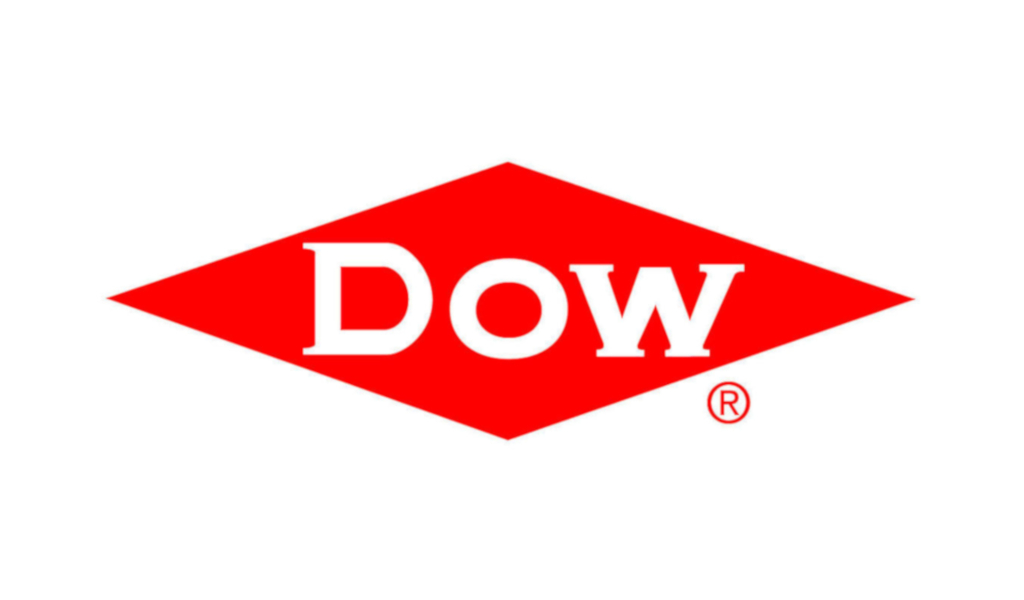
EN 45545: Bodo Möller Chemie and Dow Automotive test adhesives under fire Fire protection in passenger rail transport is subject to strict criteria
With a comprehensive series of tests in an accredited fire testing laboratory, the Bodo Möller Chemie Group and Dow Automotive tested the fire behaviour of adhesives commonly used for railway vehicles. Since this year, the EN 45545-2 Norm has been in a test period, in order to define the fire protection requirements concerning material and components for railway vehicles. From 2018, this standard will be obligatory. The utilisation and construction categories determine which Hazard Level (HL) must be satisfied by the materials and for which application. “Fire protection is extremely important. However, the vehicle manufacturer needs guidelines on which adhesives are really appropriate. For this reason, working in partnership with Dow Automotive, we performed these laboratory experiments to test the combustibility and fire behaviour of the adhesives individually and also within the composite product. By means of this, we can effectively satisfy our function as a distributor and specialty chemical company,” Frank Haug, Chairman and Managing Director of Bodo Möller Chemie GmbH explains.
Betamate in Fire Test
The experience in other industrial sectors such as electronics has shown that, when in doubt, customers select the safest option and request products for the highest Hazard Level 3. This would also be an option in railway transport. However, the lower combustibility and smoke development is to the detriment of properties such as the bending stiffness, UV resistance or temperature stability. The following adhesives were tested: Betamate 2700, a two-component adhesive and the Betamate 7120 and Betamate 7170 Quick Fix, both one-component adhesives. In accordance with EN 45545-2, the adhesives were tested installed in conjunction with steel. First and foremost, the tested adhesives are used for assembling windows and surfaces inside and outside, for floor structures as well as for general indoor and outdoor bonding applications.
All three adhesives satisfy the requirements of EN 45545-2
The results of the fire test left no doubt: all three products satisfy wide areas as stipulated by EN 45545-2. The flammability properties are already very good in the presently available formulations and satisfy the requirements of all three hazard levels for R1, R7, R10, R22 and R23 – from HL1 to HL3 (Hazard Level) for Betamate 7170. Betamate 7120 has been tested as a bonding system for steal parts and fulfills levels HL1 and HL2 for requirements R1 and R7 and levels HL1, HL2, HL3 for R10, R22 and R23. By means of this, the adhesives can also be used for the construction of railway vehicles in future, yet without having to enter into unnecessary risks that are non-standard as regards fire protection norms. For Bodo Möller Chemie, this test series was a decisive component in own advisory expertise for this field of application: “For us as a team of experts, only selling is not an option. We would like to consult our customers and ensure they are safeguarded. With this test series, we offer appropriate expertise and know-how,” Frank Haug summarises.
With 40 years’ experience in selling specialty chemicals, the Bodo Möller Chemie Group (www.bm-chemie.de, www.bm-chemie.com) is the leading partner of well-known global chemical companies, including Dow Automotive Systems, HB Fuller, BASF, Huntsman Advanced Materials and Huntsman Textile Effects. Bodo Möller Chemie, which is headquartered in Offenbach, Germany, has now added its own production plant and its own laboratories for customised formulations and application tests to its portfolio. The company’s products include high-performance epoxy resin, polyurethane and silicone-based adhesives, thermosetting plastics (epoxy resin, polyester, polyurethane, silicone), pigments and additives, textile agents, dyes, electro casting resins, tooling and laminating resins and composites. The experts at Bodo Möller Chemie offer their customers in Europe, Africa and Asia targeted advice and customised on-site services to help them find the optimum product solutions tailored to the individual requirements of many different sectors.